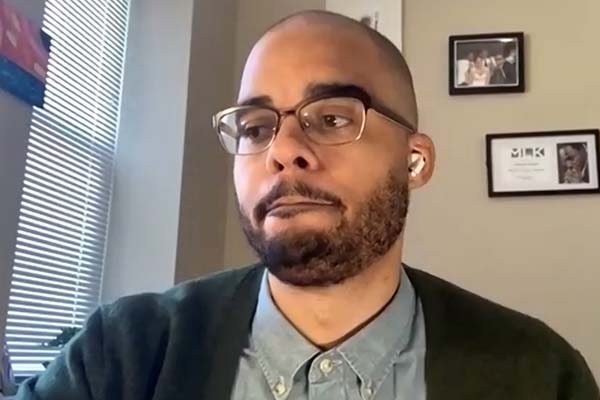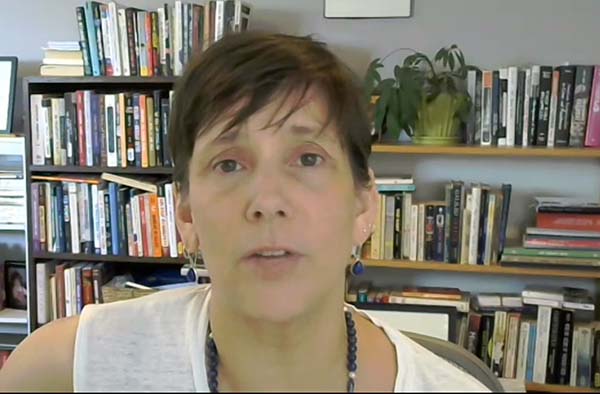In This Story
Originally published on July 16, 2020
More than 57,000 prisoners have tested positive for COVID-19 as overcrowded prisons make social distancing impossible. Keeping prisoners incarcerated helps to spread the virus and puts strains on prison healthcare systems. Those states that have opted to lower their incarcerated populations face other challenges, as half-way houses have ceased to accept new residents and parolees are facing incredible difficulty to restart their lives. Political failures to respond to the virus are not helping.
Those were among the issues addressed in the second in a series of Schar School of Policy and Government-hosted webinars on the topic of “Social Justice in America.” More than 70 tuned in for the virtual webinar, entitled “Local Politics, Prisons, and the Welfare State,” moderated by Schar School assistant professor Christopher Berk, a specialist in law and society. Associate professor Mariely López-Santana, director of the Schar School’s Political Science Graduate Programs, also participated.
The other expert panelists included Rachael Barkow, the vice-dean at NYU School of Law; Marcus Board, an assistant professor of African-American studies at Georgetown University; and Lisa Miller, a professor of political science and an affiliate professor at Rutgers University.
The wide-ranging conversation addressed legal systems—including the courts and prisons—and revealed issues within them while exposing the limitations that executives, legislatures, and justices have to address.
View a recording of the webinar.



